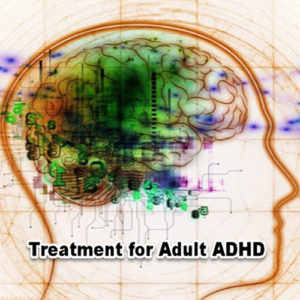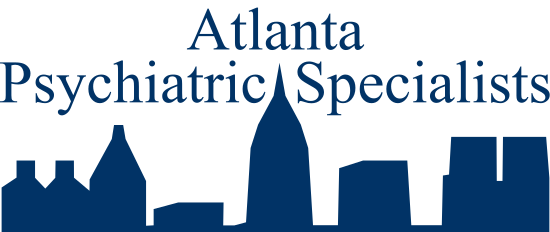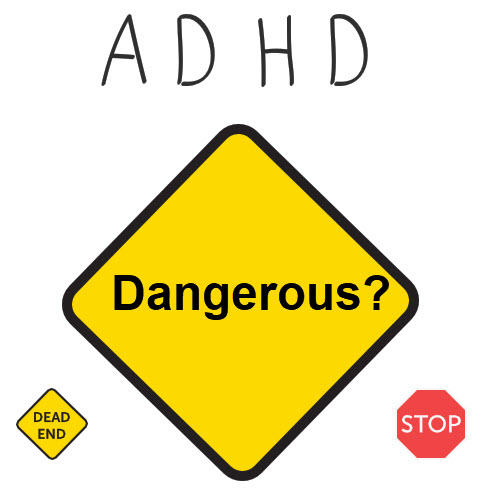 You’ve come to my office for help with problems in getting things done, getting things started, not performing up to your intelligence level, making mistakes and not checking to find them.
You’ve come to my office for help with problems in getting things done, getting things started, not performing up to your intelligence level, making mistakes and not checking to find them.
- Your friends consider you somewhat spacey and unreliable, but they love you anyway. Or you may have had trouble keeping jobs or keeping relationships.
- Your decisions about where to start, what comes first, what’s most important- these choices may elude you.
- You’re fortunate that you haven’t had severe associated ADHD problems like getting into accidents at work or in your car, becoming addicted, being attracted to dangerous people.
But overall, you have not performed up to your potential.
You may be very smart or creative and be able to hyper-focus on what fascinates you. We look at your history since childhood, at biological relatives, at health or sleep problems, at depression and anxiety factors. We determine the likelihood that an ADHD diagnosis is appropriate (although the concept of DSM 5 diagnoses is enmeshed in the reality of the trillions of brain synapses that distinguish you as an individual).
Nevertheless, we start where we have the best likelihood of success: coaching and FDA approved medication.
Specifically those medicines (the word “drugs” means the same thing as “medicines” but has a different vibe) that increase dopamine in the executive network of the brain, the network having to do with decision making and short term or so-called working memory. If we can use these “stimulant” drugs to improve this network, then various ADHD problems should improve. By the way, the trend is to relinquish the older terminology of “stimulants” and “antidepressants”, etc. in favor of “neuroscience based nomenclature” such as, for Adderall (amphetamine), “dopamine, norepinephrine reuptake inhibitor and releaser” (see Stephen M. Stahl: Stahl’s Essential Psychopharmacology, Prescriber’s Guide).
In my experience, the FDA approved drugs such as the methylphenidate type (Ritalin, Concerta, Focalin) and the amphetamine type (Adderall, Vyvanse, and many others) will work most effectively. Other FDA approved medications are Strattera (atomoxetine) and guanfacine. I am not trying to be encyclopedic here, just skimming. Off-label (not FDA approved) drugs also sometimes used for ADHD symptoms include those used for sleep-wake disorders such as Provigil and Nuvigil (modafinil and armodafinil) and various antidepressants, especially Wellbutrin (bupropion).
The most effective approved drugs carry a risk of misuse, abuse, overuse, dependency, addiction. Therefore we use these cautiously and catch problems early. Warning signs include the tendency to use amphetamine or methylphenidate based medications for the purpose of combating fatigue and drowsiness, or warding off depression, or fitting into a pattern of substance use disorder. If these things begin to happen, we must address the issues of sleep disorders, mood disorders, substance use disorders. These drugs are classified by the DEA (Drug Enforcement Administration) as “controlled substances” and are placed in categories or “schedules” which control how they can be legally prescribed.
For example, the amphetamine and methylphenidate drugs are in Schedule II (two), which means the prescription cannot be telephoned in, and cannot be refilled, and if you are given only a portion of the total number of pills on the prescription, then the rest of the prescription is void. Also, all controlled substances filled in a pharmacy are then listed on a statewide data base called a prescription drug monitoring program (PDMP). In Georgia we must check this PDMP (and the pharmacist also checks this) to see who is prescribing what to whom. This has been helpful generally in treatment.
I want to talk a lot more about the complexities of identifying ADHD patterns. For example, here are some of the problematic situations I have encountered:
- A person with apparent attentional symptoms is also found to have obstructive sleep apnea, which can mimic ADHD
- Another person has thyroid disease, or anemia, which can also mimic or cause cognitive attention problems
- Another person has dyslexia, or slowed cognitive tempo, or auditory processing disorder, or chronic depression, or performance/ test anxiety.
All of these can interact with, or be mistaken for, adult attention deficit symptoms.
For the majority of people I see, the diagnosis of ADHD and its treatment is highly successful and sometimes life changing. But behind the scenes, in the brain connectome, a lot is going on and it pays to be curious and follow the science as it emerges.

 Is ADHD Dangerous?
Is ADHD Dangerous?
[…] Dr. Ross Grumet Explores the options. […]